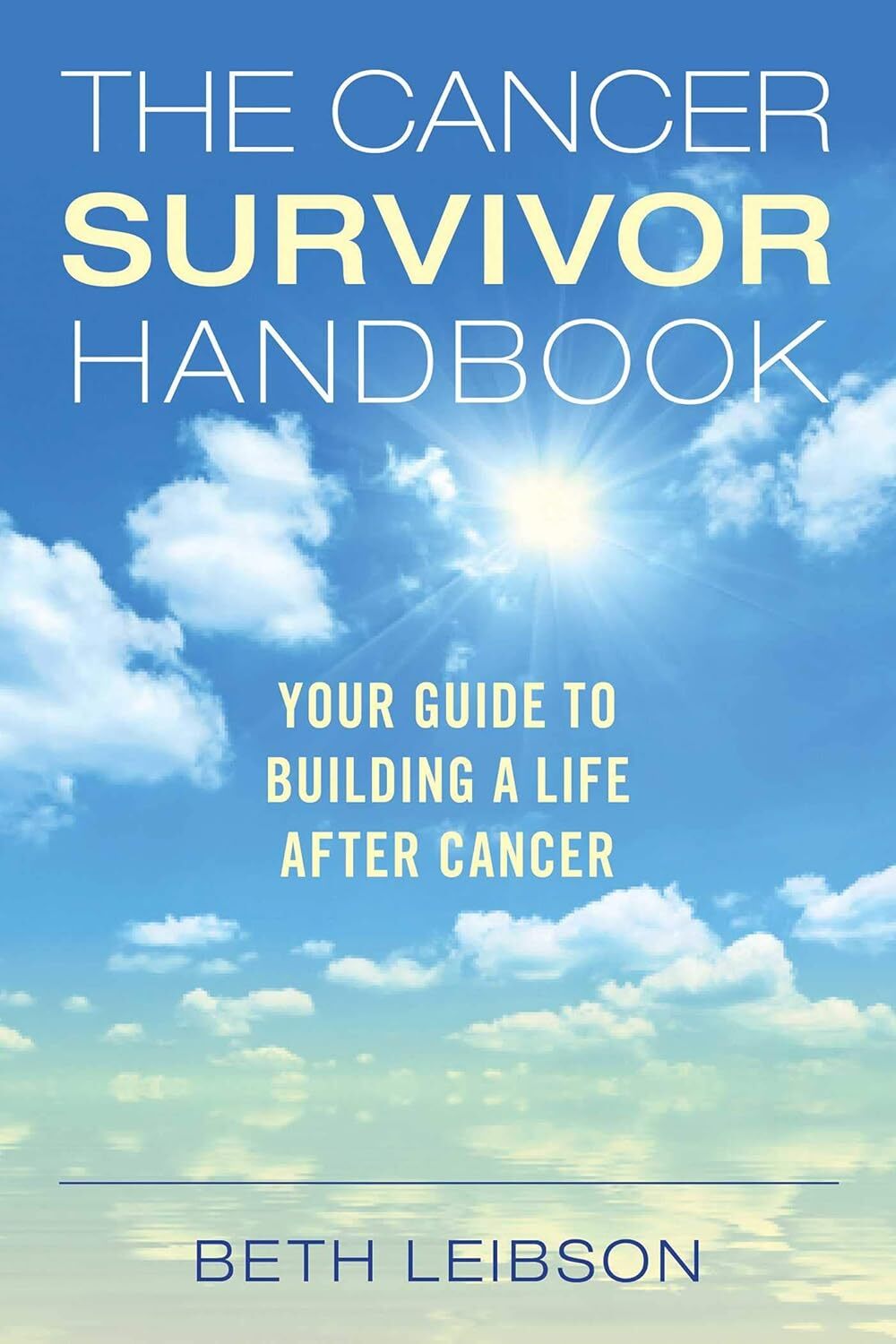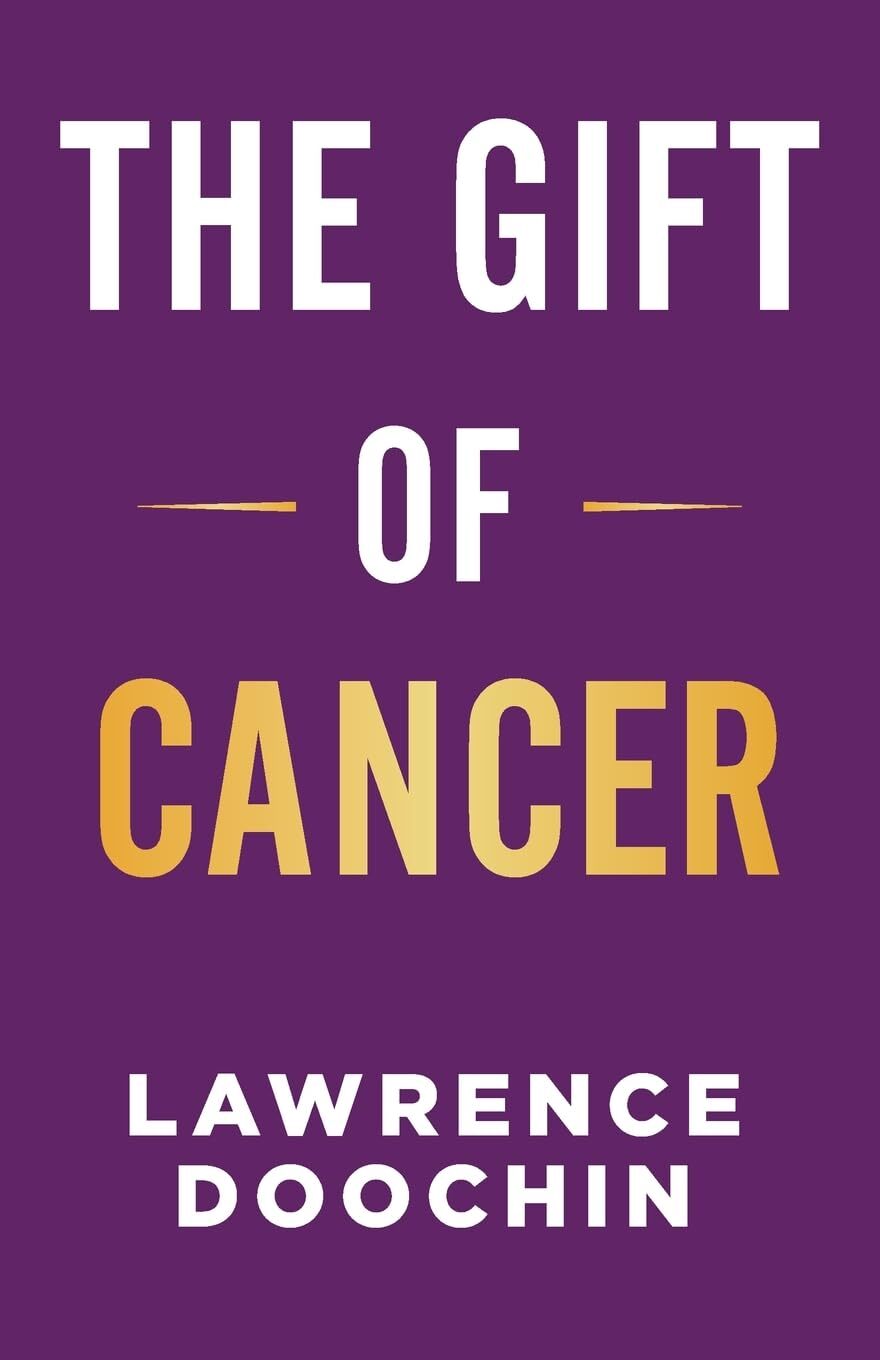Strategic Goals
Setting Long-Term Objectives to Empower Cancer Recovery

Introduction
Strategic Goals are long-term objectives that guide cancer survivors toward goals such as: sustained health, meaningful relationships, and fulfilling work. They foster resilience and well-being, helping navigate recovery challenges across all stages.
Why It Works
Strategic goal setting promotes a sense of control and hope, which is crucial for cancer survivors facing uncertainty. It encourages holistic recovery by aligning actions with personal values, leading to improved mental health, better adherence to medical follow-ups, and enhanced quality of life. Studies indicate that purposeful long-term planning reduces depression, boosts motivation, and supports physical rehabilitation, ultimately aiding in building a fulfilling post-cancer life.
How To Do It
Instructions:
1. Reflect on Your Journey: Take time to assess your cancer experience, current state, and future aspirations. Journal about what matters most—health, family, career, or personal growth.
Helpful Tips:
- Be flexible: Recovery is nonlinear; adapt goals as needed.
- Seek input: Discuss with loved ones or professionals for perspective.
- Use visualization: Imagine success to reinforce commitment.
- Integrate self-care: Pair goals with rest and nutrition.
- Start broad: Focus on 3-5 goals to avoid overload.
- Track holistically: Use journals or apps for reflections.
- Combine with other tools: Link to SMART or daily goals for implementation.
- Build support networks: Join survivor communities for inspiration.
- Stay patient: Long-term change takes time.
Recommended Videos
Survivorship Webinar Series 6 - Putting It All Together
Mayo Clinic
What to Do & Not Do When Setting Goals
Huberman Lab - Stanford Medicine
How To Set Systems Instead Of Goals
Beyond Potential
Influential Books
The book raises awareness of the medical, functional, and psychosocial consequences of cancer and its treatment.
The Cancer Survivor is a companion and guide for those millions of individuals who are finally done with treatments but are still on the journey to wholeness.
After cancer, life may not seem the same. There are bills to pay, work to do, and everyone expects you to resume the life you had before cancer. Sadly, all you can think of is a nap and the brain fog that still haunts you.
* As an Amazon Associate I earn from qualifying purchases.
Helpful Websites
Scientific Research
- Richards, D. M., et al. (2021). Cancer patient perspectives on survivorship goals from the Smart Patients online community. Cancer Causes & Control, 32(6), 675–683. https://pmc.ncbi.nlm.nih.gov/articles/PMC8191477/
- Pinquart, M., & Fröhlich, C. (2015). Life Goals in Patients with Cancer: A Systematic Review of the Literature. Psycho-Oncology, 24(11), 1433–1443. https://pmc.ncbi.nlm.nih.gov/articles/PMC4653098/
- Levit, L. A., et al. (2018). Personal goal-setting among women living with breast cancer: protocol for a scoping review. Systematic Reviews, 7(1), 132. https://systematicreviewsjournal.biomedcentral.com/articles/10.1186/s13643-018-0794-6
Related Topics:
Strongly Related
Reduce Stress:
[Links to related web pages]
[Links to related web pages]
[Links to related web pages][Links to related web pages]
Moderately Related
Issue B:
[Links to related web pages]
[Links to related web pages]










